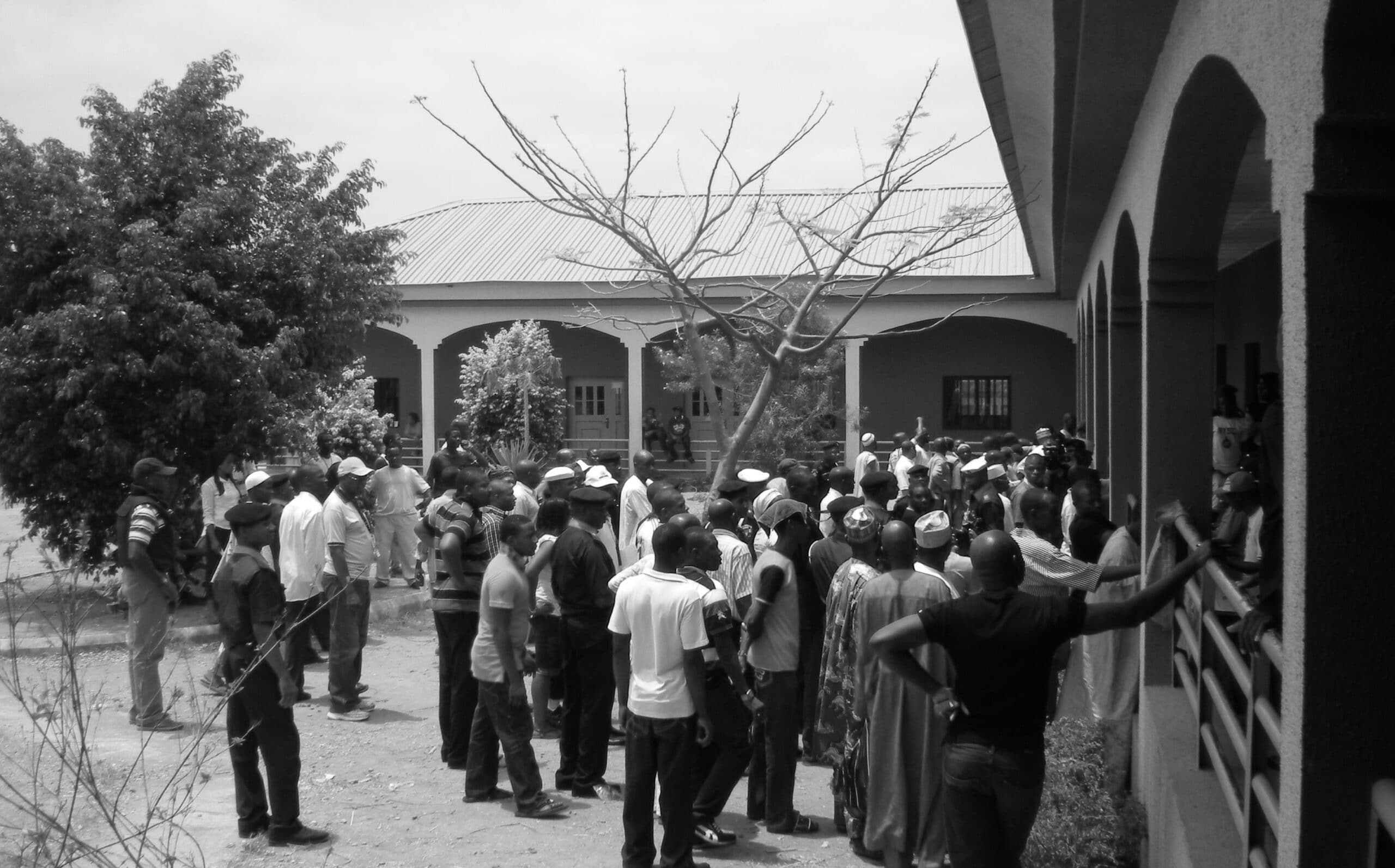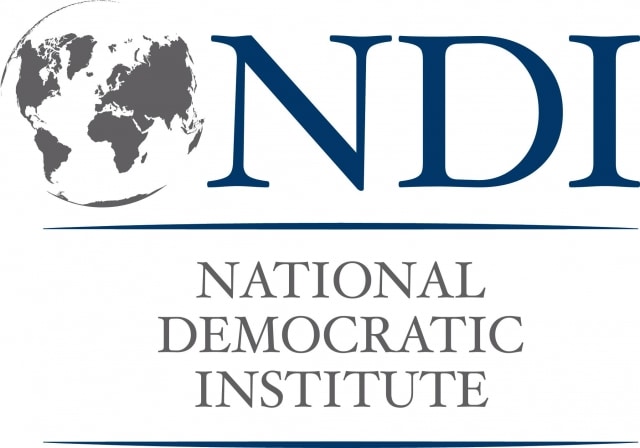Hungary: Optimism Regained
Earlier this year, Eszter Kosa wrote about her personal disappointment and sense of betrayal in her country's democratic decline.
Following efforts by Hungary's opposition parties to engage citizens in reviving their democracy, Eszter and Francesca Binda review the recent primaries process.
What's at stake?
Hungary will hold national elections in the spring of 2022. Viktor Orban has been in power since 2010 with a two-thirds majority of his FIDESZ party in the parliament, which allowed his government to change fundamental laws, including the Constitution. Fun fact: the new ultra-conservative constitution, among other things, states that “the mother is a woman and the father is a man.” Another fun fact: the author of the new constitution is Jozsef Szajer —an old friend of Viktor Orban who gained international notoriety when he was caught escaping an orgy during the COVID-19 lockdown in Brussels.
When changing the laws to suit his self-proclaimed Christian-Conservative values and, especially, his own interests, Orban did not neglect the election system. The current electoral law (Mixed Member Proportional System) benefits FIDESZ, which gained two-thirds of the parliamentary seats with less than half of the popular votes in 2018. At the same time, the divided opposition (including six political parties from across the ideological spectrum) had no chance to defeat FIDESZ. It took the opposition ten years to realise that consensus and unity among the parties is their best hope to rid Hungary of the corruption and European Union bashing of the Orban regime. On these two themes — fighting corruption and accepting fundamental EU values — the six opposition parties have found common ground.
The idea of using primary elections to choose unified opposition candidates to compete with FIDESZ was raised a few years ago and was met with doubt and concern. Primaries are usually for one political party; here, we have six very different parties. People questioned how the primaries would be organised, who could participate as voters, and how to ensure that the process would not be hacked or hijacked by the ruling power. However, opposition parties tested the primary process for the Budapest municipal elections in 2019, when (based on an agreement of the opposition parties) a civil society organisation organised primaries financed from private donations and with many volunteers. Voters in the primaries selected Gergely Karácsony as the single opposition candidate for mayor of Budapest, and he won! Euphoria spread among the opposition, which had proved that primaries work, and they may be the way to defeat Orban and his regime.
What just happened?

The national opposition primaries took place in September and October 2021, at times producing drama worthy of a soap opera but creating a political excitement unseen for too long in Hungary. The process was far from smooth and was even briefly suspended in response to a cyberattack. But it was historic and came at a critical moment in Hungary’s fragile democracy, providing a few important takeaways:
First, the primaries celebrated rediscovering democratic values in Hungarian society, such as transparency, accountability, meaningful debates and civic participation. The primaries’ official website displayed the assets declaration, curriculum vitae and a signed code of ethics of all candidates for each constituency. Candidates participated in meaningful debates in constituencies (organised by a non-partisan YouTube channel) on substantial policy issues, like socially just taxation, sustainable public health care and education, the future of the economy, the challenge of climate change, etc. It was a refreshing experience after the degrading, over-simplified messages of FIDESZ limiting its communication to “Stop Soros” slogans and other nonsense. While the state-owned and controlled media largely ignored the primary process, a commercial TV channel broadcasted the debate among the two national candidates in the second round. It was the most-watched programme of the year (besides the European Football Championship). In the time of social media and Youtube, not even Orban can hide information from people.
Second, we cannot ignore the extremely high turnout. Almost 900.000 people voted in the two rounds of the opposition primaries (in a country of 10 million people). The considerable online and in-person participation in this democratic experience confers legitimate mandates for the selected candidates moving into next year’s national elections.
Third, the primaries’ process helped chip away FIDESZ’ intimidation of ordinary citizens’ opposition to the regime, particularly in FIDESZ-dominated rural communities. In small towns and villages, courageous Hungarians queued at voting tents knowing they were exposed as participating in the opposition’s democratic process.
Finally, the internal vetting and transparency of the primary process helped cleanse the opposition of candidates who might fail to live up to the values agreed to by the alliance. Voters rejected connections to corruption or candidates who engaged in unacceptable behaviour. This initial audit of candidates will serve the opposition well in the 2022 elections and provide some immunity from the FIDESZ attacks that are sure to come.
How did the primaries work?
The primaries included two rounds of votes. In the first round, candidates vied for constituency nominations. Candidates receiving the most votes in each constituency are now the unified opposition candidate for their constituency.
In the first round, voters also voted for the candidate to head the top of the opposition’s national list. This person will be the prime minister if the opposition forms a government. Since no candidate received 50%+ in the first round, a second round was held where the top three candidates were eligible to stand. In the first round, Klára Dobrev from Democratic Coalition DK topped the vote with 34.8%, Gergely Karácsony, the mayor of Budapest, won 27.3%, and Péter Márki-Zay (an independent mayor of a small town) received 20.4%. After a hectic week of political drama, Karácsony withdrew and declared his support to Márki-Zay in the second round. Márki-Zay won the national opposition primaries and will be the candidate for Prime Minister of the united opposition challenging Viktor Orban in 2022.
As a Hungarian political activist “in exile” Eszter has some personal takeaways:
I was disappointed that the only female candidate Klara Dobrev did not win. There is an overwhelming consensus that she is an accomplished politician. She speaks several languages, has leadership and governance experience, and is a charismatic public speaker. In the debates, she was impressively prepared and proved her deep knowledge of governance. She devotedly represents values that I share (equal opportunities, social inclusion). Her big handicap is her husband, Ferenc Gyurcsány, president of the DK party, a former prime minister (2004-2009), a divisive political figure. Besides his questionable political performance as prime minister, FIDESZ has succeeded in completely demonising him; his name works as the bell for Pavlov’s dog — half of the population will never vote for anything or anyone related to him. The main argument against Dobrev was that she could not defeat Orban because of her family background. If she were the candidate for the united opposition, she would be an easy target for character assassination, as was her husband. Sadly, if the goal is to defeat Orban and FIDESZ, the argument against Dobrev’s candidacy makes sense.

Péter Márki-Zay usually introduces himself: “I am a catholic, with seven children.” His views on society and his rhetoric are not to my taste, but I am convinced that he is committed to fighting corruption, and devoted to European values. He is a democrat not willing to build another autocracy. When I watched his victory speech at the end of the primaries, I noticed the very high number of young people in the audience — this is a very positive sign for a potential new start. The fact that a non-partisan “civic” person won the primaries also shows that Hungarians are fed up not only with FIDESZ but the entire political establishment; they are disappointed with the “traditional” oppositional parties, too.
FIDESZ is, for the time being, confused with the result of the primaries. It did not prepare for Marki-Zay’s victory (nobody was). The ruling party built its entire communication plan on fighting the evil left-wing liberal actors who ruined the country once before. Márki-Zay is a difficult target to shoot at; he is a genuine Christian Conservative, has not been in power before, does not belong to any party, and has also criticised pre-FIDESZ governments. No doubt, FIDESZ will put itself together soon and find a weapon and ammunition to aim at Máki-Zay.
What's next?
I have two concerns. First, this fragile union of very different parties led by an “outsider” will not hold together under the enormous pressure expected during the upcoming campaign. Second, if the opposition appears likely to win, FIDESZ and Orban will not fear to employ any instruments to keep political power; they have too much to lose.
Besides these concerns and the fact that the opposition candidate is not of my political taste, I think implementing the national oppositional primaries is a remarkable milestone in the history of Hungarian democracy.
After eleven years, there is a real chance to defeat the FIDESZ-Orban regime. Many people checked their egos at the door and made significant compromises for a worthy cause. Their efforts should not be wasted.




















